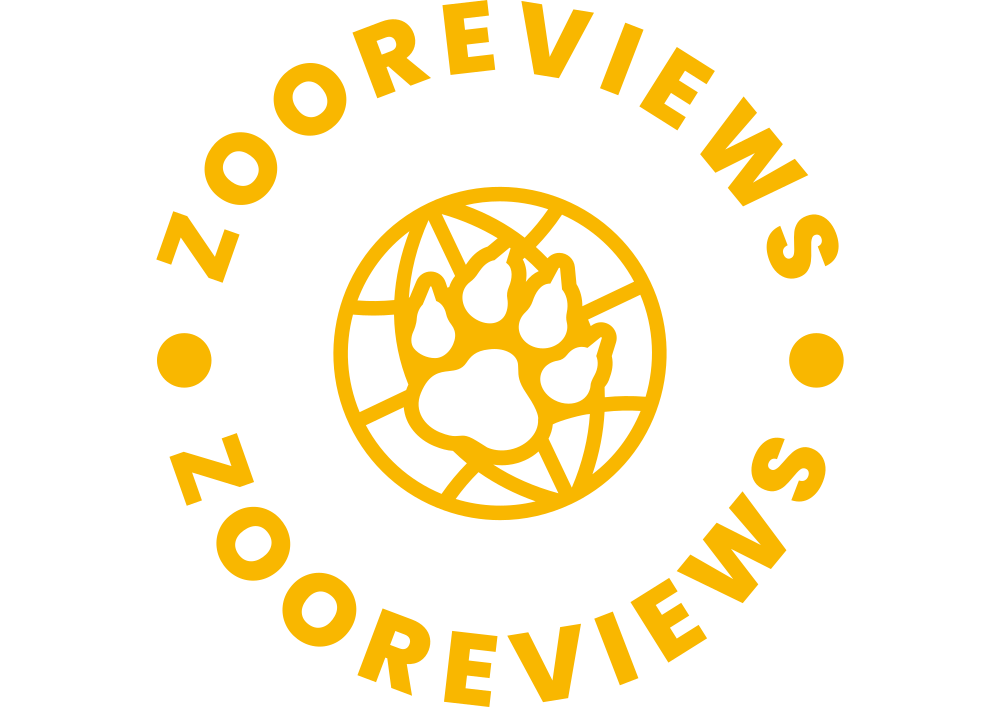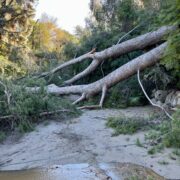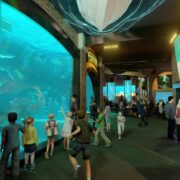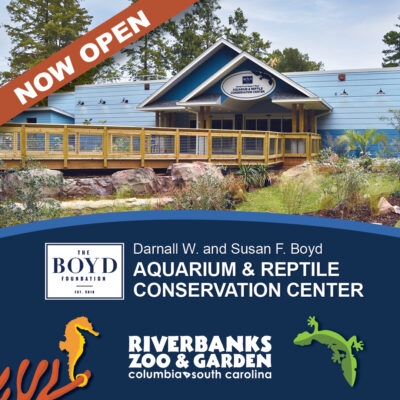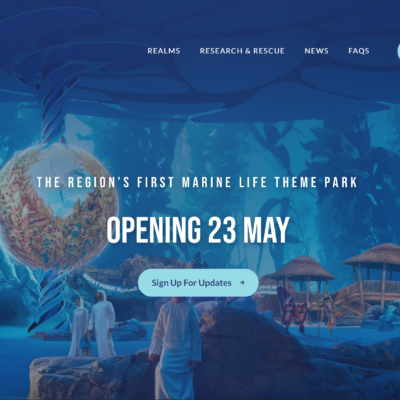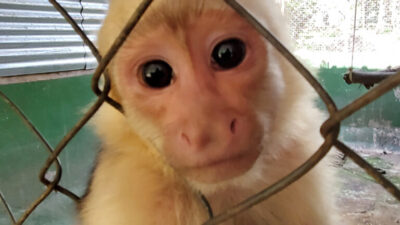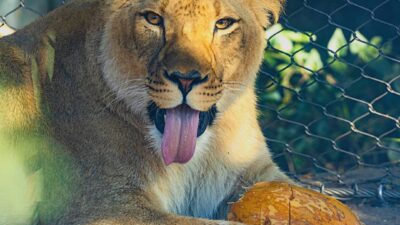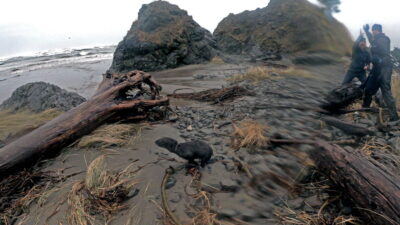Sarasota Bay, Florida, witnessed a heartwarming rescue effort on Feb. 21, 2023, as a 51-member team of veterinarians, biologists, stranding responders, trained handlers, and law enforcement officers came together to save a 2-year-old female bottlenose dolphin calf. The calf was entangled in nearly 10 feet of monofilament and micro-multifilament braided fishing lines, which had accumulated an extensive amount of barnacles, algae, and other biofouling, creating drag and pulling the lines deeper into the calf’s tail flukes. The rescue effort was led by the Chicago Zoological Society’s Sarasota Dolphin Research Program (SDRP) in collaboration with Mote Marine Laboratory’s Stranding Investigations Program and other partners.
The calf was first spotted in early January by a tour boat operator, and after initial efforts to remove the fishing lines, the calf and her mother eluded biologists for several weeks. When the calf was spotted again, more biofouling had accumulated on the fishing gear, posing a life-threatening situation for the calf. After assessing the situation, the National Oceanic and Atmospheric Administration’s (NOAA) approved a catch-and-release rescue, and the team successfully removed the remaining fishing lines, examined both animals, administered antibiotics to the calf, and fitted the mother with a satellite-linked tag for monitoring. The calf and her mother were released within less than an hour of being encircled by the rescue net.
The success of the rescue was made possible by the dedication and expertise of every individual who participated in the effort. Although the removal of the fishing lines was successful, the calf suffered extensive damage to her flukes, and biologists hope that with time, the calf will be able to make more and better use of her flukes. The Sarasota Dolphin Research Program has come to the aid of several bottlenose dolphins over the years who have suffered entanglements, boat and propeller strikes, illegal feeding, and environmental contaminants.
Dr. Randy Wells, Vice President of Marine Mammal Conservation for the Chicago Zoological Society and Director of the Sarasota Dolphin Research Program, emphasized the importance of knowing the best practices for keeping marine wildlife safe while enjoying the marine environment. These practices include not feeding wild dolphins, reeling in fishing lines if a dolphin is nearby, properly disposing of trash, using corrodible fishing hooks, and staying at least 50 yards away from wild dolphins.
The rescued calf is the fourth offspring of her 19-year-old mother and is a fourth-generation member of a resident Sarasota Bay maternal lineage that has been observed by the SDRP since 1971, the year after the program began. The Sarasota Dolphin Research Program conducts the world’s longest-running study of a wild dolphin population and has made a significant impact in protecting and conserving these magnificent marine mammals.
